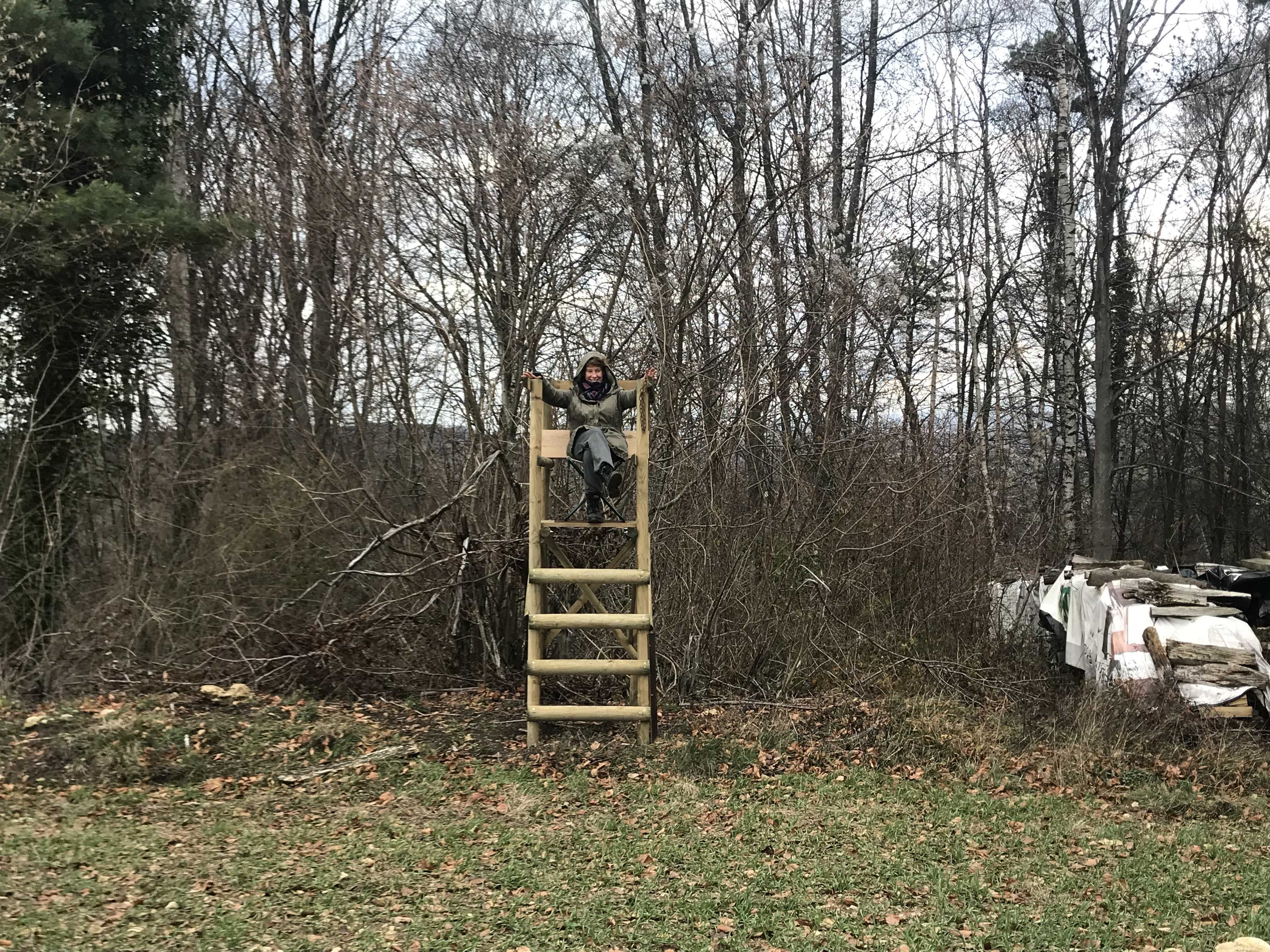Saskia Burggraaf: Making Worlds: Feminist Theory in Activist Performance for Inclusive Belonging: How to make space when you take space within urban squatter movements
Thesis Supervisor: Rachel O’Reilly
Thesis: Making Worlds: Feminist Theory in Activist Performance for Inclusive Belonging: How to make space when you take space within urban squatter movements
August 2020
Abstract
This thesis considers how internalized inequity of the neoliberal housing market and its property mechanisms manifest themselves within the Dutch squatter movement (NKB), causing it to replicate some of the structures it purports to oppose. As a womxn-identifying artist with a squatter history, I am interested in the inter-relationship between (activist) communities, individual performances of property/non-proprietary comportments, and the way physical spaces retain complex traces of patriarchal economic structures within daily life.
Putting the Dutch housing policy and struggle in the current context of global capitalism, and drawing on Marxist, autonomist and feminist spatial theory, I argue that squatting culture in the Netherlands stymied its radical potential by its structural inattention to the non-binary complexity of bordered, domestic and interpersonal scales of the political within its un/recognized histories. This thesis takes an alternative approach from materialist feminist theorists of race, geography, normativity, and the structurally oppressive household, including Silvia Federici, Sarah Keenan, Davina Cooper and Doreen Massey, to challenge the masculine norms of Marx’s historical materialism and property critique. The works of Margaret Davies, Nazima Kadir, E.T.C. Dee/Deanna Dadusc and an interview of Wendelien van Oldenborgh are used to further contextualize my argument concerning the necessity of feminist and queer occupations/cohabitations as resistance to both late liberal capitalist belonging within “property logic” and masculine-normed ideals of autonomy. Material feminist analytics, including from performance theory, in the scene of activism, here enable radical politics to emerge that are savvy to housing needs and anti-authoritarian politics by imagining intersubjective worlds that move beyond philosophically limited concepts of belonging and singular events of property repossession.
Author: Saskia Burggraaf


